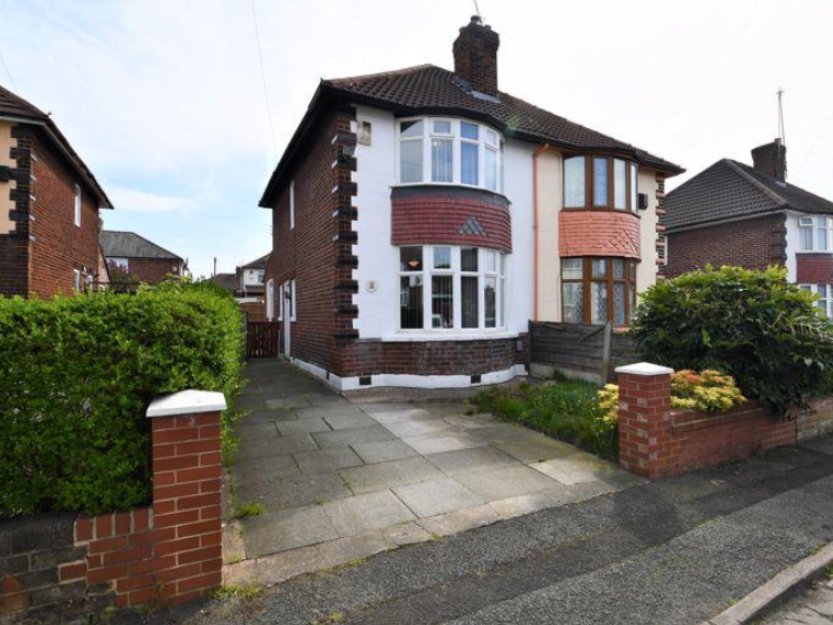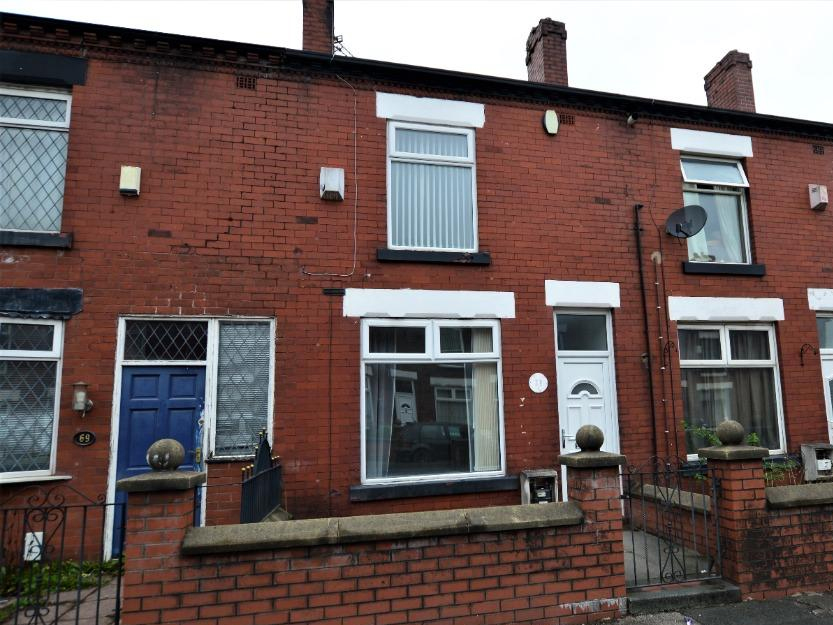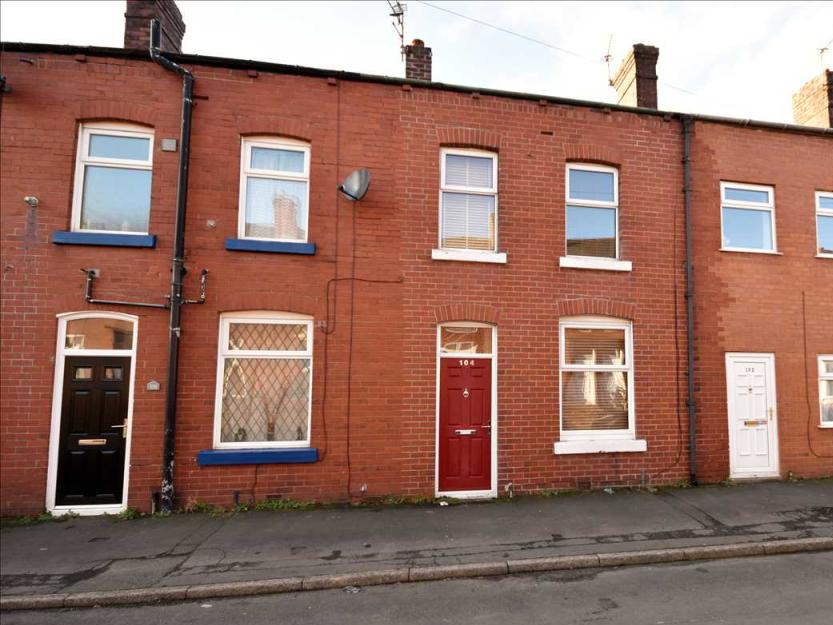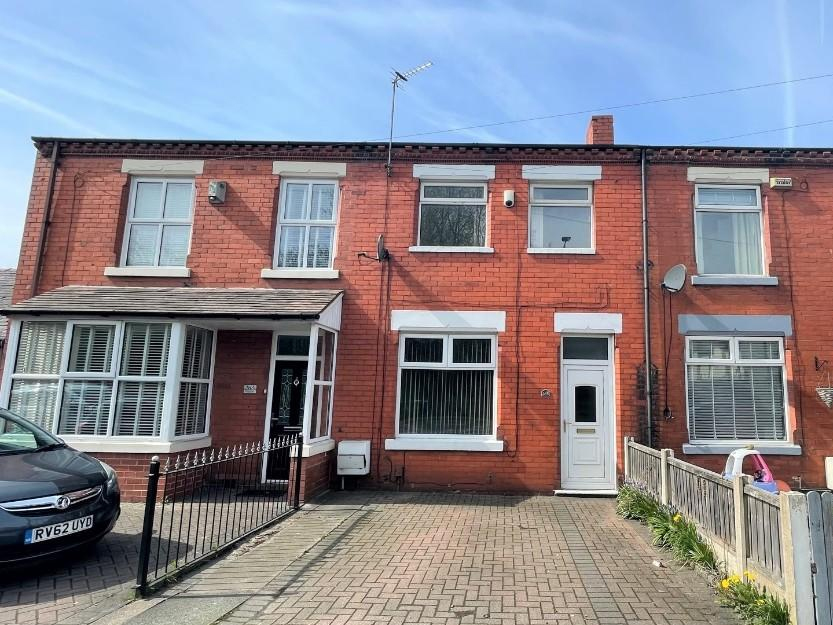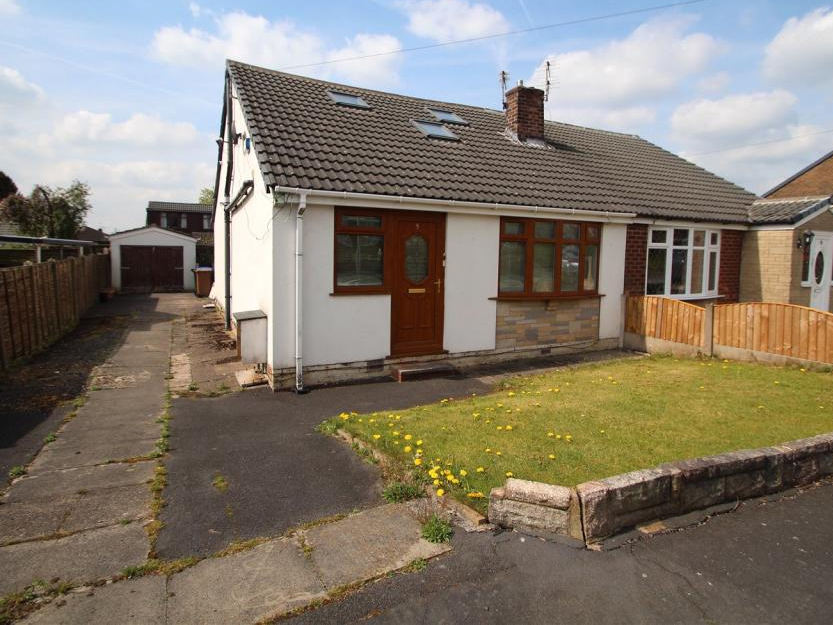How quickly can I move in?
After you’ve applied for your property, your application will need to go through referencing, where an external party will check all your tenancy details and ensure you’re good to proceed. As always we’ll keep you updated throughout the process so you know what stage you’re at.
We will also begin to liaise with you on the estimated move in date this can take this normally takes between six weeks and three months.
We will also begin to liaise with you on the estimated move in date this can take this normally takes between six weeks and three months.
What happens on move-in day?
You will be advised on how to collect your keys up to 24 hours before you’re due to move in, once all documentation is confirmed and received along with any upfront payments.
When you move in, you’ll receive a welcome pack with info about your house including handy appliance manuals, as well as a box of goodies with essentials so you can make that first cup of tea!
When you move in, you’ll receive a welcome pack with info about your house including handy appliance manuals, as well as a box of goodies with essentials so you can make that first cup of tea!
Who is responsible for notifying the utility companies that I’m moving in?
Whilst we do notify all relevant utility companies of your move in, it is a resident’s responsibility to make sure accounts are fully setup and kept up to date with each utility provider.
Once you have comfortably moved in to your new home, it is always beneficial to understand what your responsibilities are as a tenant, as well as what you should expect from your landlord. Below you’ll find some guidance on what falls under the tenant’s responsibility, and what falls under the landlord’s responsibility.
Once you have comfortably moved in to your new home, it is always beneficial to understand what your responsibilities are as a tenant, as well as what you should expect from your landlord. Below you’ll find some guidance on what falls under the tenant’s responsibility, and what falls under the landlord’s responsibility.
Rent.
This is one of the tenant’s biggest responsibilities. As part of your tenancy agreement, you agree to pay your rent on time each month. Defaulting in rental payments could damage your deposit and future tenancies.
Right to Rent.
It is the landlord or managing agent’s responsibility to conduct a check to ensure every tenant has the right to rent in England. This check is also carried out on anyone over the age of 18 that will be living with you.
Bills.
Unless stated otherwise, it is the tenant’s responsibility to pay bills, this includes water, gas and electricity. A tenant must also pay Council Tax, TV license and may need to pay for a phone line and internet/TV packages if required.
Looking after the property.
Ultimately it is the tenant’s responsibility to look after the home on a day to day basis. This means ensuring there is no damage to the furnishings if the property came furnished, reporting any repairs to the landlord or managing agent, changing light bulbs if required and checking smoke alarms are working. Additional responsibilities include correctly disposing of rubbish and keeping to the terms of the agreement in regards to smoking, parking and keeping the garden tidy.
Maintenance.
It is the landlord’s responsibility to ensure that any maintenance issues that have been reported by the tenant are taken seriously and are fixed within a reasonable timeframe. A landlord must also ensure their property meets all of the correct gas and electrical safety regulations.
Responsibility over visitors.
It is a tenant’s responsibility to ensure that their household, or visitors to their household behave in a respectful manner. Antisocial behavior could lead to eviction of the tenant.
Gain permission.
It is imperative as a tenant that correct permission is sought before making any changes to the property. This is also required if a tenant wishes to run a business from a rented property.
Access.
A landlord must leave a tenant to live in their home without interference. A landlord must gain permission to enter the property and may not enter the property without giving the tenant prior notice and arranging a mutually agreeable time.
Moving out.
It is the tenant’s responsibility to ensure that the property is returned to its original state. We always recommend cleaning the property to a professional standard upon exit to ensure that the deposit is returned in full.
The tenant’s belongings should be removed from the property and all that should be left are fixtures and furnishings that were in the property when the tenant moved in.
The tenant’s belongings should be removed from the property and all that should be left are fixtures and furnishings that were in the property when the tenant moved in.
How often do you increase rents and by how much?
All our properties will undergo an annual rent review – however this will be in line with market rents at the time of review.
We will always inform you of any upcoming rental changes.
We will always inform you of any upcoming rental changes.
What happens to my deposit once it’s been paid?
Your deposit is protected by an external, independent deposit scheme such as the Tenancy Deposit Scheme, Deposit Protection Service, or Safe Deposit Scotland.
They also adjudicate any deduction disputes if we’re unable to agree this with you directly, to make sure you get back everything that you should.
They also adjudicate any deduction disputes if we’re unable to agree this with you directly, to make sure you get back everything that you should.
How do I pay my rent every month?
Rent is paid by Standing Order, which means it is your responsibility to ensure the details and amount are correct.


